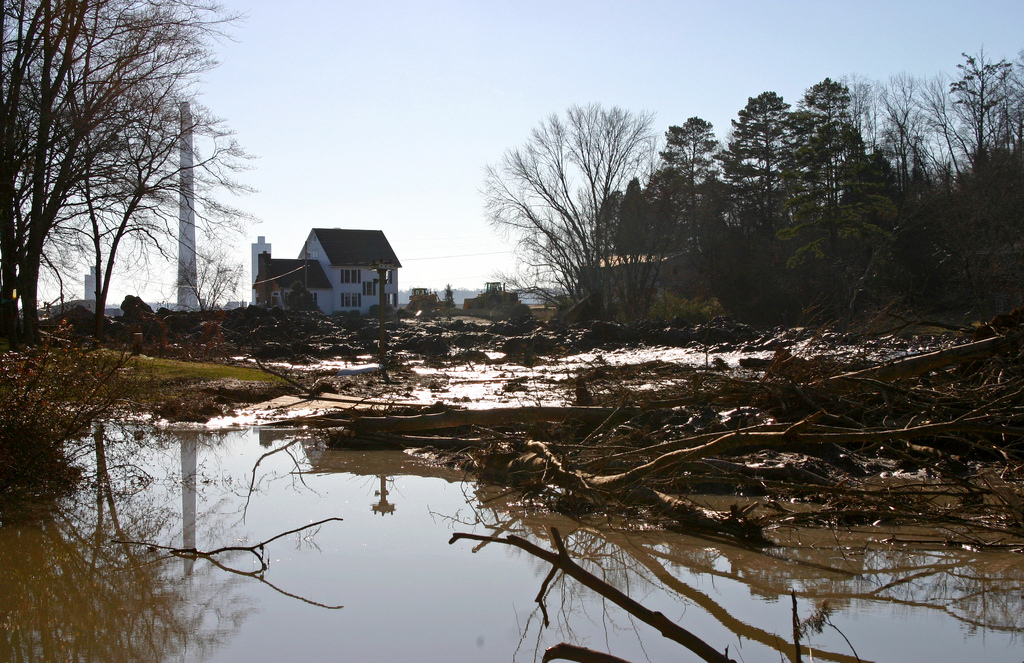Posts Tagged ‘Water Pollution’
Coal-related Spills Connect Us All

Over the last several weeks, with each report from West Virginia or North Carolina of a coal-related water pollution crisis, I couldn’t help but imagine my favorite river, the Moormans, being poisoned by a mysterious chemical called MCHM, choked by toxic coal ash, or fouled by coal slurry. In fact, it is my river that is threatened. And your river, too. But our shared connection to the creeks and rivers running through our lives unites us in the fight to protect our waters, and that’s what gives me hope.
KY and NC: Different States, Same Recipe for Lax Clean Water Enforcement
 Yesterday there was a hearing in Franklin Circuit Court for our ongoing challenge of a weak settlement that the state of Kentucky reached with Frasure Creek Mining. The settlement is a slap on the wrist that lets them off the hook for thousands of violations of the Clean Water Act, and it bears a striking resemblance to the settlement between North Carolina and Duke Energy that has come under scrutiny after their recent coal ash spill into the Dan River.
Yesterday there was a hearing in Franklin Circuit Court for our ongoing challenge of a weak settlement that the state of Kentucky reached with Frasure Creek Mining. The settlement is a slap on the wrist that lets them off the hook for thousands of violations of the Clean Water Act, and it bears a striking resemblance to the settlement between North Carolina and Duke Energy that has come under scrutiny after their recent coal ash spill into the Dan River.
Feds Conduct Criminal Investigation of N.C. Agency Following Dan River Spill
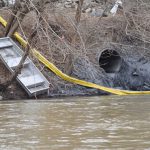
The N.C. Department of Environment and Natural Resources is the target of a federal criminal investigation following Duke Energy’s coal ash spill into the Dan River on February 2. The U.S. Attorney’s office issued a grand jury subpoena requesting records from DENR related to coal ash discharges from the Dan River Power Plant including emails, memos and reports from 2010 to the present. Duke Energy confirmed to WRAL that it also received a subpoena, but the company is not required to disclose the contents of the subpoena.
Dan River Update: Citizens Warned To Avoid Water Contaminated by Coal Ash Spill
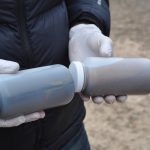
The N.C. Department of Health issued an advisory on Wednesday, warning citizens not to touch the Dan River, which was contaminated with coal ash 10 days ago after a storm water pipe broke at Duke Energy’s retired plant in Eden, N.C. The Department of Health also advised residents not to eat fish or mussels from the river. Duke still has not come out with a cleanup plan for the spill, which has left parts of the Dan River unsafe for recreational use, including swimming and fishing.
Another Coal-related Spill Reported in West Virginia

Early Tuesday morning there was a significant slurry spill at Patriot Coals Kanawah Eagle operation. Over 100,000 gallons of toxic coal slurry spilled into Fields Creek near Charleston, WV. Members of the Appalachian Water Watch team were at the site to investigate.
An Unforgettable Lesson, Forgotten
Just after midnight, a thunderous swell of sound peeled apart the silence that had settled onto Harriman, Tenn. A mountain of black coal ash — the waste byproduct of burning coal — descended upon the surrounding neighborhood, snapping trees and ripping three homes from their foundations.
Read MoreDuke Energy Coal Ash Spill Pollutes the Dan River
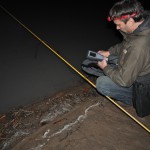
Since Sunday night, coal ash has been spilling into the Dan River from a coal ash pond at Duke Energy’s retired Dan River Plant in Eden, N.C. The spill began when a storm water pipe under the coal ash pond burst, causing coal ash to flow through the pipe into the river. Appalachian Voices water quality specialists traveled to the site of the spill to take photos, sample water and document the damage already done by the spill.
Some Results, Few Conclusions in West Virginia’s Crude MCHM Spill

Appalachian Voices’ Appalachian Water Watch team has received results from several locations impacted by the crude MCHM and PPH spill in Charleston, W.Va. While a superficial review of the results might seem to indicate that flushing individual water systems was effective in eliminating most of the MCHM from the pipes, when combined with additional data and personal observations from affected residents, the conclusions become less clear.
The Deadline is Set for EPA Coal Ash Rule
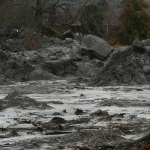
By the end of this year, the EPA will finally publish the first-ever federal rule regulating the disposal of coal ash. The agency’s December 19 deadline is the result of a settlement reached today in a lawsuit brought by Earthjustice, representing Appalachian Voices, Southern Alliance for Clean Energy and other groups. The law, strong science and good public policy all support regulating coal ash as a hazardous waste. Will the EPA stand up for environmental and public health?
Realities on the Ground in the West Virginia Water Crisis

I checked Facebook early on the morning of January 9th, cursing my mild addiction to social media, and was suddenly glad that I had. I saw a news report of a chemical spill in Charleston, W.Va., which I quickly emailed to the rest of the staff at Appalachian Voices. I then packed a bag anticipating the potential to be gone for several days. I knew as little about what I might be doing through my work with Appalachian Water Watch as I did about what exactly had happened in Charleston.

